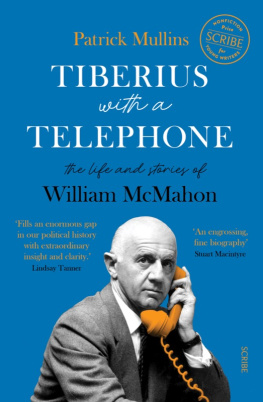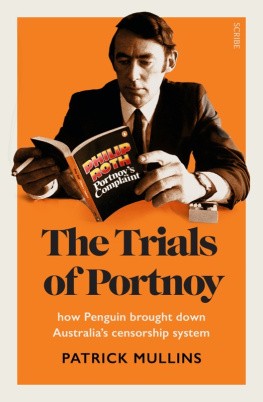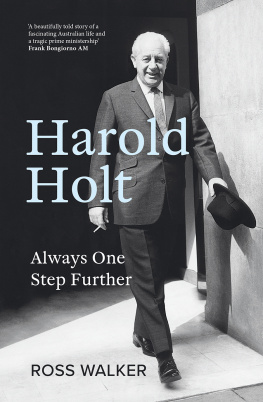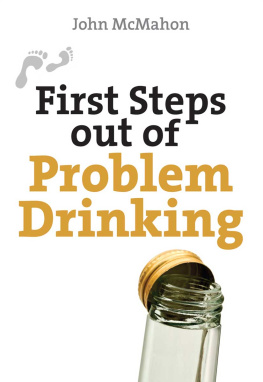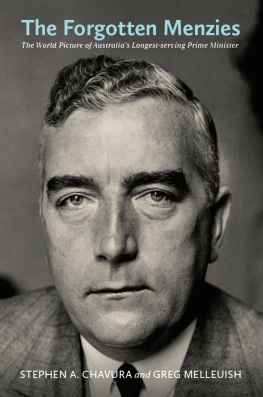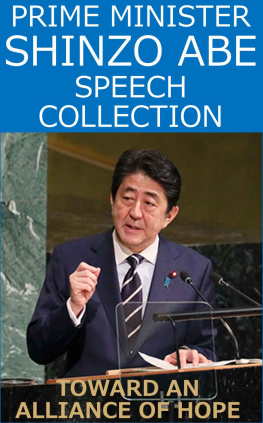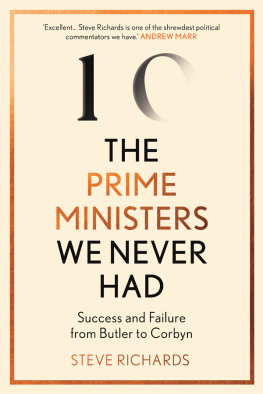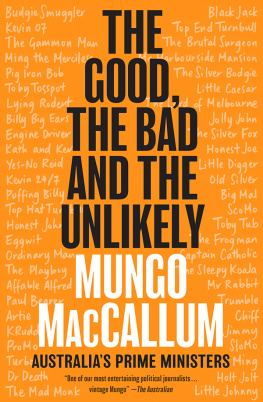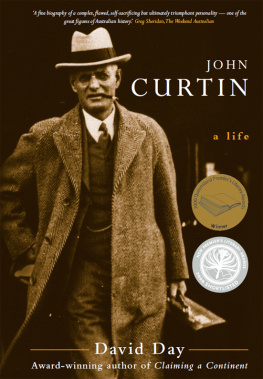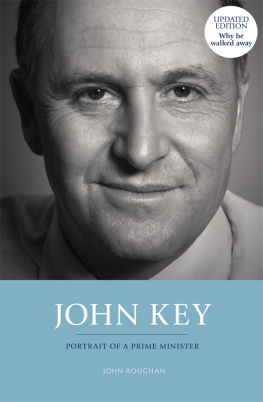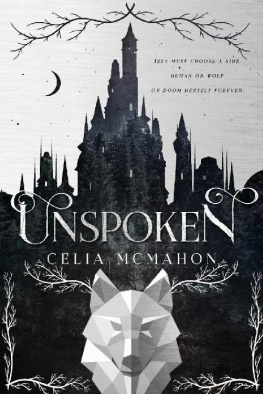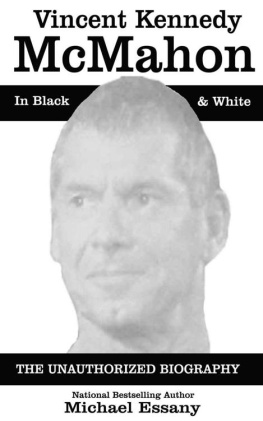
TIBERIUS WITH A TELEPHONE
PATRICK MULLINS is a Canberra-based writer and academic who holds a PhD from the University of Canberra. He was the inaugural Donald Horne Fellow at the Centre for Creative and Cultural Research, and was a research fellow at the Museum of Australian Democracy. His early, brief version of this book won the 2015 Scribe Nonfiction Prize for Young Writers.
Scribe Publications
1820 Edward St, Brunswick, Victoria 3056, Australia
2 John St, Clerkenwell, London, WC1N 2ES, United Kingdom
3754 Pleasant Ave, Suite 100, Minneapolis, Minnesota 55409, USA
First published by Scribe 2018
Copyright Patrick Mullins 2018
All rights reserved. Without limiting the rights under copyright reserved above, no part of this publication may be reproduced, stored in or introduced into a retrieval system, or transmitted, in any form or by any means (electronic, mechanical, photocopying, recording or otherwise) without the prior written permission of the publishers of this book.
The moral rights of the author have been asserted.
9781925713602 (Australian edition)
9781911617860 (UK edition)
9781947534759 (US edition)
9781925693324 (e-book)
A CiP entry for this title is available from the National Library of Australia and the British Library.
scribepublications.com.au
scribepublications.co.uk
scribepublications.com
To my parents
Contents
CHAPTER ONE
End to End
19821983
When he finally started it, the book was late. By 1982, Sir William McMahon was nine years gone from power. He was jaded, frustrated. The ambition and energy that had sustained him through thirty-three years in the House of Representatives twenty-one of them as a minister, almost two as Australias prime minister had not gone away but, since the 1972 election, they had been without use. His influence had faded. His relevance seemed gone. His time, people said, had passed. For years now, he had languished on the backbenches, ignored by his leader, discounted by colleagues, pitied by opponents, derided by the press, mocked by the public.
But by 1982 he decided that it was enough. McMahon was angry, frustrated with politics, done with Canberras bureaucrats, finished with his prime minister. The last of the famous forty-niners those elected in the wave that brought Robert Menzies to power in 1949 and kept the Liberals on the government benches for over two decades he resigned his seat. McMahon did not mind that he was causing inconvenience and discomfort. Nor did he mind that his once-safe, blue ribbon Liberal Party electorate was likely to elect a Labor successor.
He had decided he would write his book. Long threatened but never started, it was going to be an autobiography, and it was going to be history. It was going to be serious and also sensational. Above all, it was going to be a revelation. When I publish my autobiography and tell of the things I had to put up with, he said, none of you will believe it.
McMahon would follow Churchills line and write history himself. He would bridge the gap between participant and historian, would intertwine his own experiences with the story of the past. Not for him the scattershot reminiscences of George Reid, the patchwork blanket of Menzies, or the stories of Billy Hughes. His would be a multi-volumed masterpiece, a magisterial history that illuminated the substantial issues: the Menzies era, the Vietnam War, the troubled days of Harold Holt and John Gorton, the Dismissal and, of course, his own prime ministership. He would not be discreet. McMahon would be frank; in fact, he promised bombshells. He would supply freewheeling character assessments of Robert Menzies, Harold Holt, John Gorton, Gough Whitlam, Richard Casey, Billy Snedden, and his longtime foe, John McEwen. The present political elite would not be left unscathed: McMahon promised hard words for Malcolm Fraser and John Howard, too.
McMahon was not unaware of his reputation; indeed, the supposed falsity of that reputation was one of his hooks. His book would be the real story. It would peel back the veneer. When I write about it one day, people will wonder how we did as well as we did, McMahon said. The book would be a rebuke to his critics in the press and in his party. It would be rehabilitation for his derided prime ministership. What we achieved in those twenty months was unbelievable, he said, because we left the economy in the healthiest state I have known it to be in the thirty-three years I was in Parliament.
McMahon had been preparing for the book for a long time. For thirty-three years, he had followed the old lawyers habit of safeguarding papers, filing away briefings, retaining correspondence, making and remaking aide-mmoires of conversations of significance. Nine years before, he had donated the bulk of his papers to the National Library, in Canberra; now, he requested their return. Using his entitlements as a former prime minister, McMahon retreated to his longstanding office on the nineteenth floor of Westfield Towers, on Sydneys William Street, close by the offices of his old foe Gough Whitlam. He employed a secretary and an assistant, and, with those papers around him, he began to write.
Soon, he had an agent. The author and journalist Michael Morton-Evans offered representation after hearing from McMahon that a manuscript was almost complete. Morton-Evans spread word among Sydney publishers. Thomas Nelson, which a decade before had published a satirical compilation of McMahons utterances, The Wit and Wisdom of William McMahon , was the first to bite. But when they caught sight of the manuscript that McMahon had been working on, they were aghast. Why? According to Morton-Evans, they were daunted by the manuscripts size. It was huge, he said. It would have run to four volumes.
As ever, intransigence was McMahons first response. He waved off concerns about the size of the book. He would not countenance cutting, and he would not allow another hand to intervene. He had ploughed through the files, and this was what he had produced. The whole concept of someone fiddling with his words was anathema to him, said Morton-Evans. The book had to be done his way: It was all or nothing. Believing the book unpublishable and McMahon unpersuadable, Thomas Nelson backed away.
In August 1983, the publisher at William Collins, Richard Smart, expressed a guarded interest. Invited to Westfield Towers to discuss the possibility of a deal, Smart arrived accompanied by his two-year-old-daughter. With her, McMahon was gentle and polite. He offered her biscuits while he and Smart talked. They discussed the scope of the book, the style of its telling, the title. End to End: Menzies to McMahon caught the budding authors ear.
Eventually, McMahon asked Smart if he would like to see the autobiography. To Smarts nod, McMahon guided him out of the office and through a labyrinth, a dark Russian gulag of a corridor, into a room whose walls were lined with twenty-seven cheap metal filing cabinets, each stuffed full of the papers that had been returned by the National Library. There it is! McMahon said.
Smart did not understand. Where was the book?
Its in the files, McMahon told him.
Smart had had concerns before the meeting. McMahon was no Menzies, no Whitlam. Publishers were not queuing at his door the way they had for those giants. McMahon was not renowned for his way with words, and he was not remembered in terms that suggested a wide, waiting readership. If this book was to work, Smart knew, it would have to be good. It had to be about the story.
McMahon had an interesting one to tell, didnt he? His life, conceivably, was a thread that weaved through the twentieth century, running from Chifley and post-war reconstruction to Menzies and the communist scares; it was entwined with Holt and Vietnam, and the feuds with McEwen and Gorton; it knotted around the clash with Whitlam, and it twisted through the Dismissal and Fraser, and the emerging order of the 1980s. McMahons life was coloured with dramatic oppositions of tragedy, farce, triumph, failure, tenacity, and disregard. And he had been prime minister!
Next page
